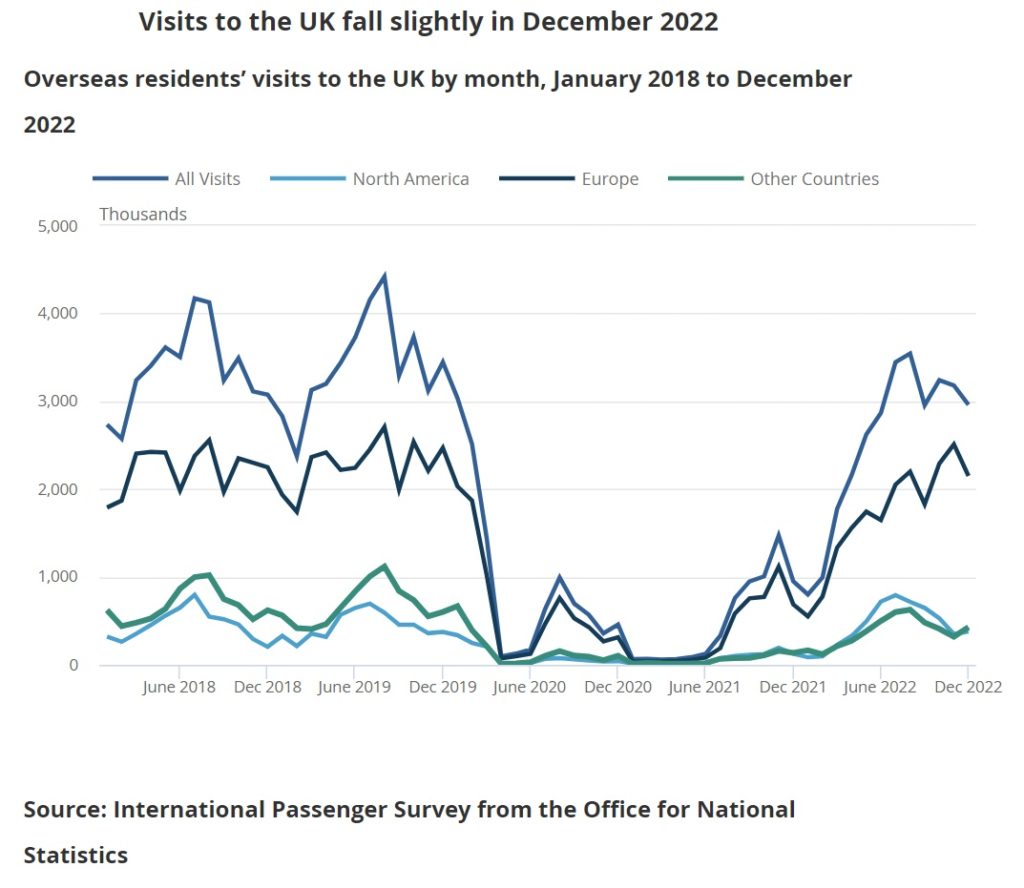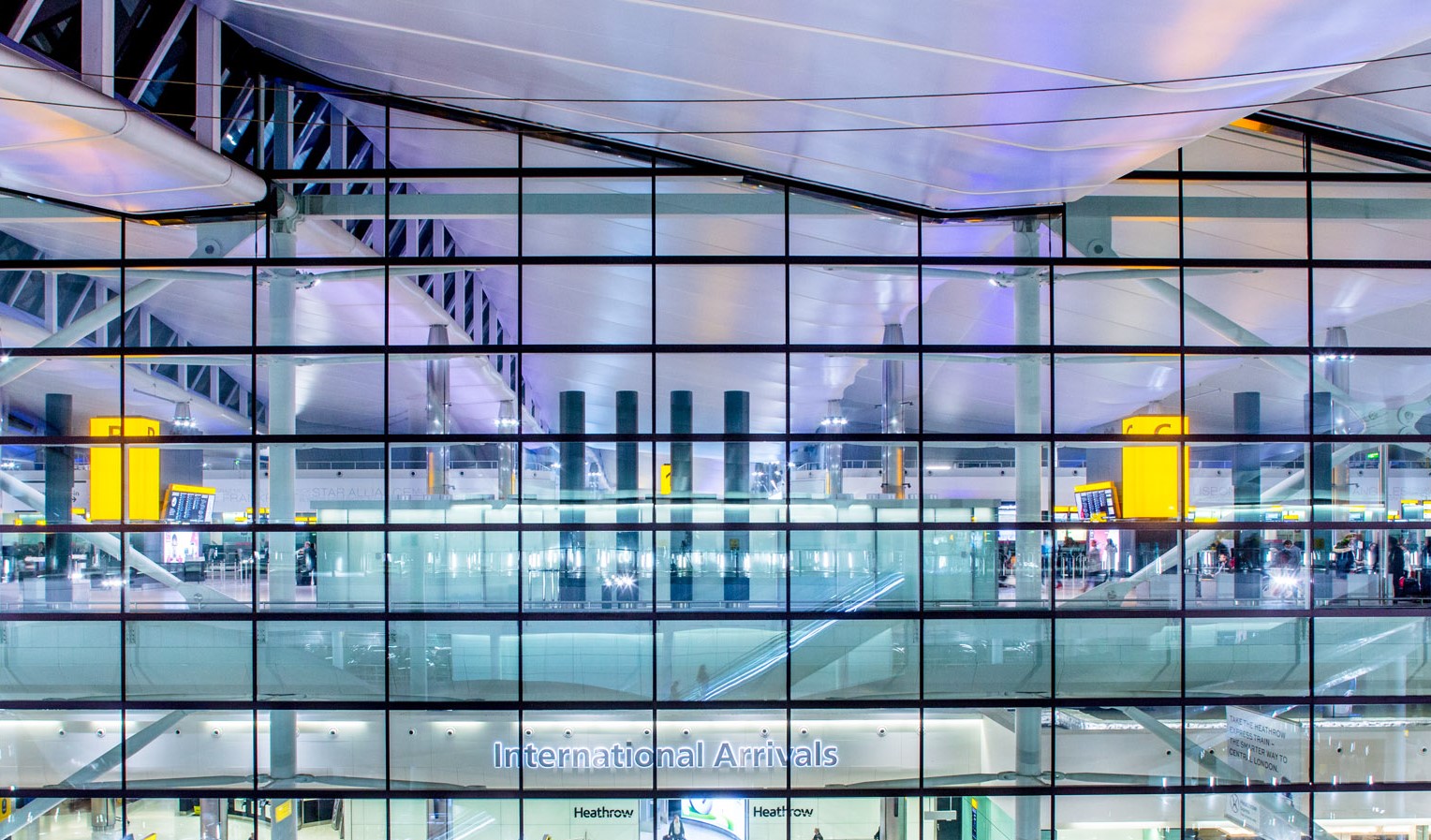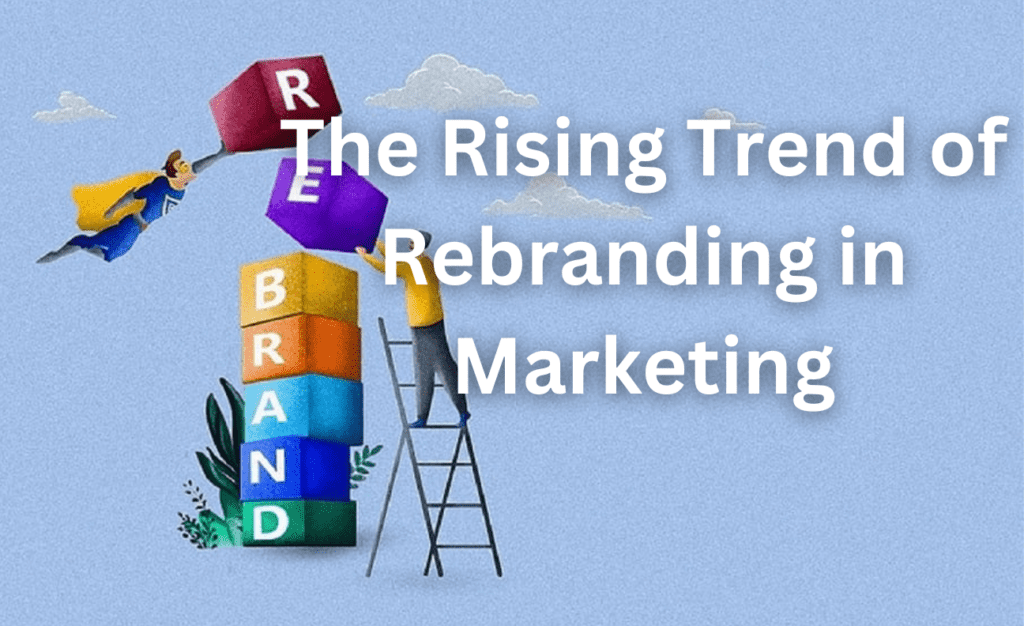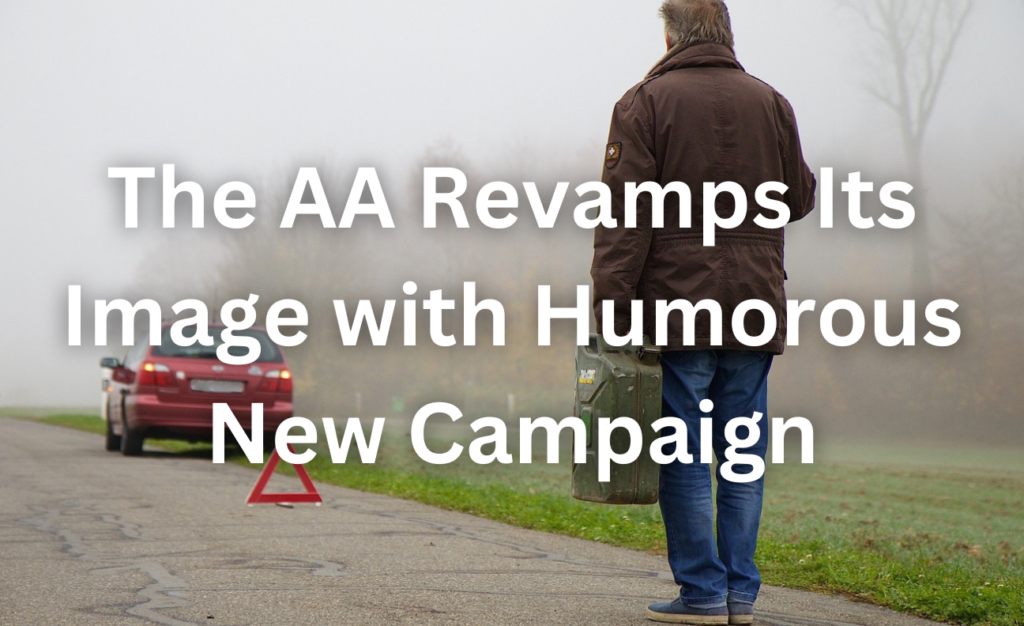Pressure is mounting on Ex-Chancellor Rishi Sunak to reverse Britain’s tourist tax as Heathrow Airport continues to grapple with empty shops that remain unfilled.
The closure of eighteen stores, including renowned brands, such as Mulberry, APM Monaco, Rolex, and Travelex, has been attributed directly to the impact of the tax.
As the airport struggles to attract new businesses, the detrimental effects of the tax have become a recurring concern. City grandee Archie Norman, along with industry leaders, questions the government’s decision and emphasises the need for a clear competitive strategy.
A Consequence of the Tourist Tax: Heathrow’s Empty Shops
The implementation of Britain’s tourist tax has had a tangible effect on Heathrow Airport, with numerous shops shutting their doors due to financial strain.
Among the eighteen stores forced to close are Mulberry, the iconic British luxury designer, APM Monaco, a prominent jewellery company, Rolex, the renowned watchmaker, and Travelex, a major currency exchange business. These closures represent a direct response to the tax, as businesses struggle to navigate the financial burden imposed on them.
Additionally, the airport now faces the challenge of filling seven remaining vacant storefronts, which has proven to be a complex task amidst ongoing concerns surrounding the tax’s impact.
What’s more, Heathrow has repeatedly raised the issue of the tourist tax acting as a significant barrier for potential investments and businesses looking to establish a presence in the airport.
🔴 Britain's tourist tax has left Heathrow with empty shops that it is struggling to fill, the airport has claimed, as pressure mounts on Rishi Sunak to reverse his raid on travellers https://t.co/PHJMane74i
— The Telegraph (@Telegraph) May 8, 2023
A Lack of Clear Competitiveness in the UK
Archie Norman, Chairman of Marks & Spencer and a former Tory MP, has been vocal in his criticism of the government’s decision to scrap tax-free shopping for tourists. He highlights a broader issue of a lack of strategic clarity regarding the UK’s competitive positioning in the global market.
Furthermore, Norman argues that the UK should leverage its natural advantages to become a hub for fashion, luxury goods, arts, and heritage products. By fostering these sectors, the UK can solidify its position as a global leader and attract discerning tourists seeking high-end experiences.
Impact on Tourist Spending and Tax-Free Shopping
The decision to eliminate VAT-free shopping for overseas visitors was primarily aimed at saving £2 billion annually for the Treasury with minimal impact on overall spending.
However, retailers assert that this policy has diverted affluent tourists to other European cities, such as Paris and Madrid, where VAT relief is still in effect. This redirection of spending has adversely affected the UK’s retail sector.
Data from Global Blue reveals a stark contrast in tourist spending patterns. Spending by US tourists in France and Spain has more than tripled compared to the same period in 2019, while spending in Britain has experienced only a marginal 1 percent increase.
Moreover, the elimination of tax-free shopping has created a disparity that drives wealthy shoppers to destinations where favourable tax policies still apply.
At Heathrow Airport, the consequences of the tourist tax are evident in a substantial drop in sales, resulting in a multi-million pound decline in revenue. Prior to the Covid-19 pandemic, the airport boasted a 99 percent occupancy rate for shops and restaurants.
However, the current occupancy rate stands at 95 percent, illustrating the lingering effects of the tax and the challenge of revitalising commercial activity.

Future Implications and Industry Calls for Change
The Chief Executive of Fortnum & Mason, a renowned British retailer with a presence at Heathrow Terminal 5, warns of a deteriorating situation in the coming year. With events like the Paris Olympics on the horizon, the impact of the tourist tax is expected to worsen.
The fear is that, without prompt action, Britain and London will become less competitive compared to other European destinations, affecting the country’s reputation as a premier shopping and cultural hub.
Last month, leaders of twenty airports, including Gatwick, Edinburgh, Belfast, and Exeter, joined forces to advocate for the reinstatement of VAT-free shopping in Britain. Their collective voice underscores the urgency to revive the appeal of the UK as a shopping destination and re-establish its competitiveness.
However, a government spokesperson cautions that extending the VAT-free shopping scheme to EU nationals could result in an additional annual cost of £1.4 billion to British taxpayers, necessitating potential tax increases.
Conclusion
The struggles faced by Heathrow Airport, as evidenced by its growing number of vacant shops, highlight the urgent need for Rishi Sunak to reconsider the implementation of Britain’s tourist tax.
Industry leaders, including Archie Norman, emphasise the importance of a clear competitive strategy to leverage the UK’s natural advantages. The diversion of tourist spending to other European destinations and the decline in sales at Heathrow Airport underscore the negative impact of the tax.
As calls intensify to reinstate VAT-free shopping, decisive action is required to preserve the United Kingdom’s position as a global leader in fashion, luxury goods, arts, and heritage products.









